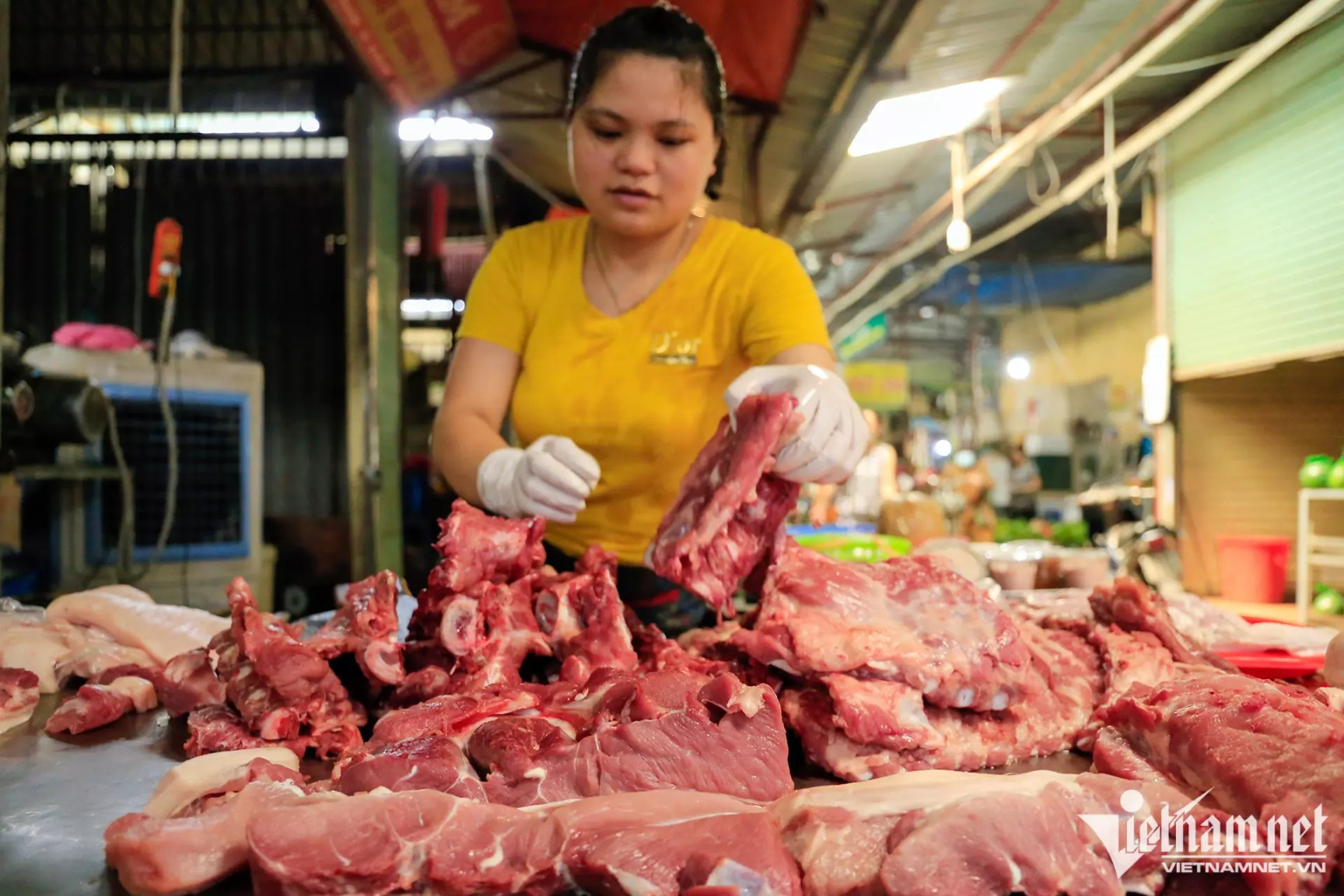
On July 12, at a session of the National Financial and Monetary Policy Advisory Board, Deputy Prime Minister Le Minh Khai assigned the Ministry of Finance to join forces with agencies to draw up a plan on cutting taxes on petrol and consider reducing other kinds of taxes to support people and businesses in difficulties.
Prior to that, National Assembly Chair Vuong Dinh Hue called on ministries and branches to check all kinds of taxes and fees, and consider reducing unnecessary or overly high taxes and fees to help ease the burden on people and businesses.
A number of ministries and branches have also proposed tax and fee cuts for many products and services. The Ministry of Finance (MOF) has submitted to the Prime Minister a plan on cutting luxury tax, and preferential import tariff on petrol, and valued added tax (VAT).
The Ministry of Industry and Trade (MOIT) proposed that the government use the state budget to subsidize petrol prices, thus helping fishermen and easing difficulties for the poor.
The Ministry of Agriculture and Rural Development (MARD) has proposed cuts in fees and charges and the Ministry of Transport (MOT) has proposed a 10-30 percent fee reductions for road, aviation and maritime transport, seaports and harbor fees until the end of 2022.
In addition, economists have suggested further VAT cuts to be applied to all products.
Ngo Tri Long, an economist, said the 2 percent VAT reduction applied since February 1 has helped reduce the price of many products, but the reduction is inconsiderable in current circumstances. With a modest 2 percent cut, consumers cannot see the impact on goods prices.
For example, when buying a box of instant noodles in the past, consumers had to pay VND10,000 in VAT. Now, when buying the same product, they have to pay VND8,000, a modest reduction of VND2,000.
Long said that the prices of many products, especially petroleum, and input materials of many industries have increased sharply in comparison with early 2022, so the small 2 percent tax cut cannot offset the price increases.
As people’s income is decreasing, they are fastening their belt, which leads to lower demand. The 2 percent reduction can’t help stimulate purchasing power. Therefore, he suggested a 5 percent tax reduction.
Food processing companies said the animal feed price has increased by 30-40 percent since the beginning of the year, and other expenses including packaging, logistics, toll and basic wages have also increased.
Meanwhile, businesses dare not raise selling prices of products because of weak purchasing power. After two years of a pandemic, people are very cautious in spending money. As a result, businesses are incurring losses.
According to the General Statistics Office (GSO), in the first six months of the year, the price of input materials serving domestic production rose by 6.04 percent compared with the same period last year. The agriculture sector saw the sharpest increase, more than 10 percent, and processing and manufacturing industry 5.78 percent and construction 9.32 percent.
Vu Vinh Phu, a respected expert, said workers with a monthly income of VND5-6 million suffer the most. The prices of essential goods have increased sharply, while wages remain unchanged, which has forced people to cut expenses. These are the hardest-hit people in society who need prompt support.
Analysts believe that tax and fee cuts won’t affect state budget collections.
MOF has reported high budget collections of VND941.3 trillion in the first half of the year, which meant the 20 percent increase (VND230 trillion) compared to the same period last year.
The increase in state budget collections reflects the recovery of the economy. Many taxes are calculated as a percentage of selling prices, so when the prices of goods and services increase in the context of inflation, the tax revenue also increases.
The ministry estimates that tax cuts amount to VND126 trillion, so there is enough space to support people via further tax and fee cuts.
Phu stressed that many people and families are in difficulty and need support immediately, not just proposals.
Tran Thuy